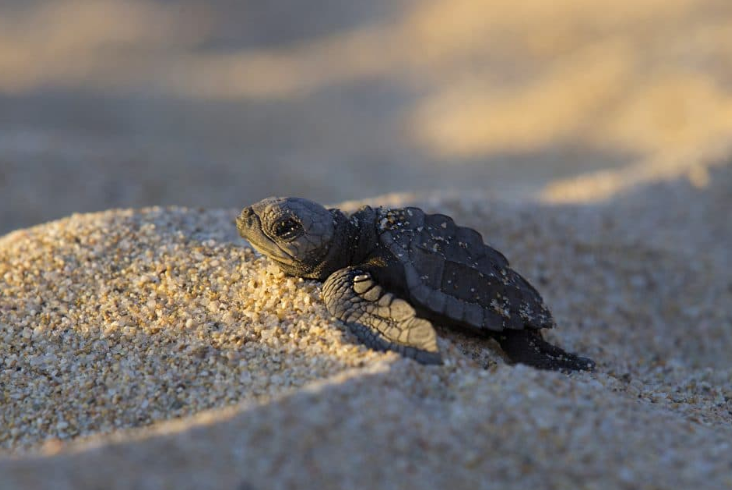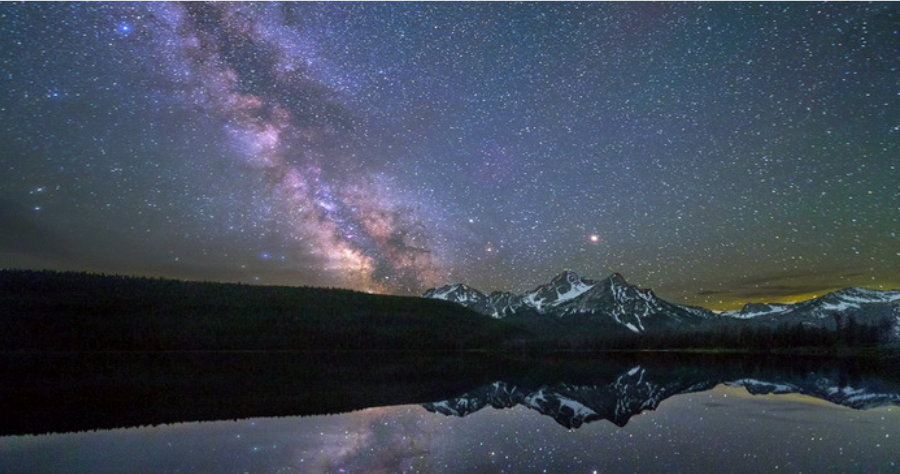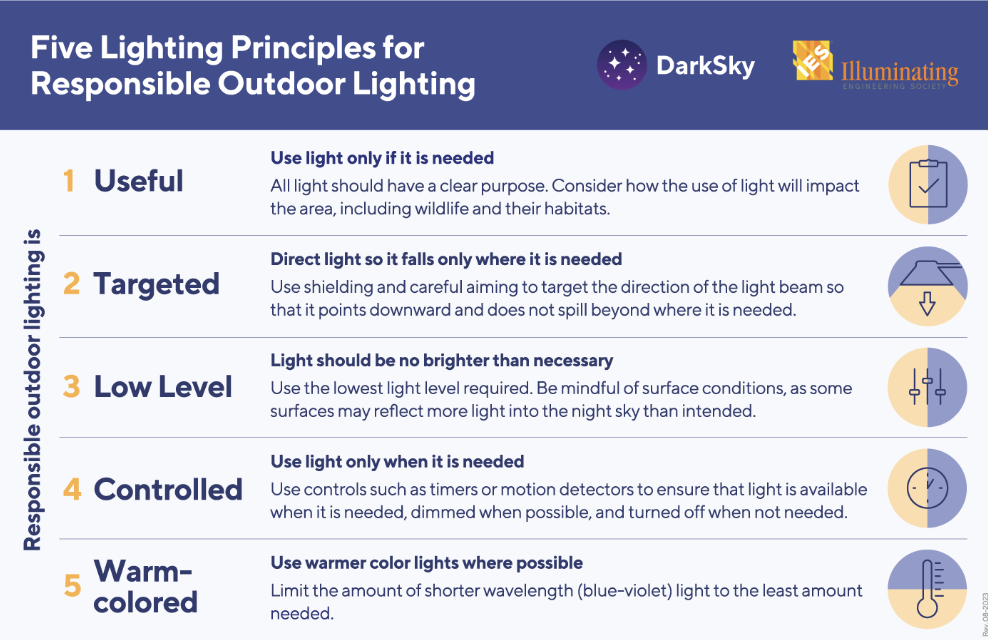Last week was International Dark Sky Week which celebrates the importance and wonder of dark skies that are not bombarded with artificial light. Scientific advancements led to the ability to have light whenever we want, whether it be on the roads, in shopping centers, or even in our own homes. Wherever we look, there are lights. While it has made things very convenient for people, it has led to the issue of light pollution. A lot of the time, unnecessary lights are used. Some of them are way brighter than they need to be, or they are lit when they don’t have to be.
Why is light pollution important?

While it doesn’t seem like an issue, light pollution actually has a big impact on the environment. It disrupts the natural processes of animals, who rely on light to determine when they do certain things like sleep, eat, hide from predators, and more. When lights are used when there’s not supposed to be any, it interferes with their behaviors. For example, it can affect the migration patterns of birds and even cause them to divert off of their migratory routes. Furthermore, when baby sea turtles hatch, they can follow artificial light from the land instead of the light on the water, and never make it to the ocean. These are just a few of the many impacts that artificial light can have on the environment.
Artificial light can also impact our own experiences and health. According to an article from DarkSky, studies have shown that artificial light can produce “increased risk for: sleep disorders, depression, obesity, diabetes, heart disease, and cancer.” While we may not realize it, darkness is actually very important in producing healthy ecosystems and healthy humans. However, dark skies also allow some of the most beautiful sights to be seen. In areas with heavy light pollution, it’s difficult to simply see the stars. If artificial light wasn’t filling the skies, people could see an unimaginable amount of stars and even our very own galaxy. The dark sky is beautiful and allows you to see sights that most people can only imagine.

How can you help?
It can seem daunting to try to solve the issues of light pollution. However, there are steps you can take to help:

You can also talk to big companies or even your own neighbors who use unnecessary lighting to try to convince them to invest in lighting that follows those principles. A lot of people aren’t aware of the negative effects of light pollution, so it’s important to teach them.
Happy International Dark Sky Week!
Works Cited:
“Central Idaho.” DarkSky. 18 December 2017.
“Five Principles for Responsible Outdoor Lighting.” DarkSky. 1 June 2020.
“Light Pollution Affects Human Health.”DarkSky. 8 September 2014.
“Light Pollution Harms Wildlife and Ecosystems.” DarkSky. 3 September 2014.
Ralls, Eric. “Tourism Can Worsen Deadly Light Pollution in Sea Turtle Habitats.” Earth.com.
21 December 2019. https://www.earth.com/news/tourism-light-pollution-sea-turtle/
Article written by Arianna Japalucci, AstroTAC member.